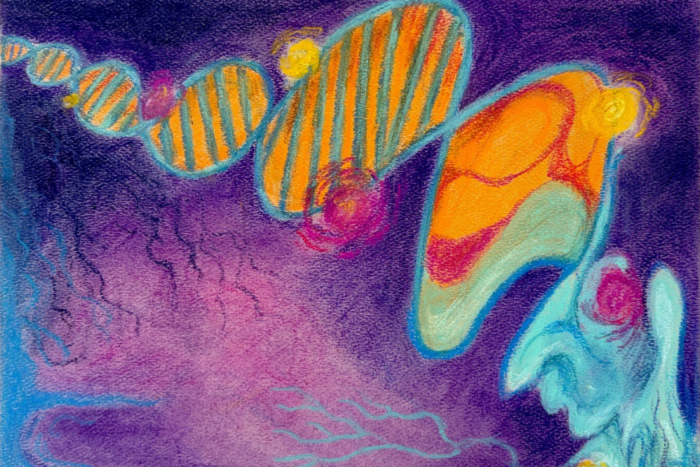Missing immune molecule may explain why some HPV patients sprout giant horn-like growths
Most people get infected with human papilloma virus at some point in their lives but, thanks to a robust immune response, are none the wiser. Unless giant horn-like growths sprout from their skin. An exceedingly rare feature of HPV known as tree-man syndrome, this condition is a far cry from the skin and genital warts that often accompany symptomatic disease.
How could one virus provoke such a severe reaction in a select few, but leave most people symptom-free? In a new study published in Cell, Rockefeller’s Jean-Laurent Casanova answers this question by examining the genetics of an otherwise healthy patient who contracted a severe case of tree-man syndrome and several family members who exhibited milder reactions to HPV. Casanova’s team identified a mutation that affects one’s reaction to HPV by decreasing the production of CD28, a molecule within the immune system that plays an important role in activating pathogen-fighting T cells.
Given the purported importance of CD28 to the immune system, the scientists were surprised that this CD28-deficient individual was healthy prior to contracting tree-man syndrome. “CD28 is thought of as a pillar of T cell immunity,” says Casanova. “The fact that this patient was otherwise healthy suggests that CD28 is largely redundant in human health. Something else is able to step up to provide protection against other infections.”
The findings play into the larger body of Casanova’s work, which continues to demonstrate that the severity of influenza, tuberculosis, COVID-19, and other diseases, is not solely dependent on the pathogen itself, but on genetics of the host, too.



